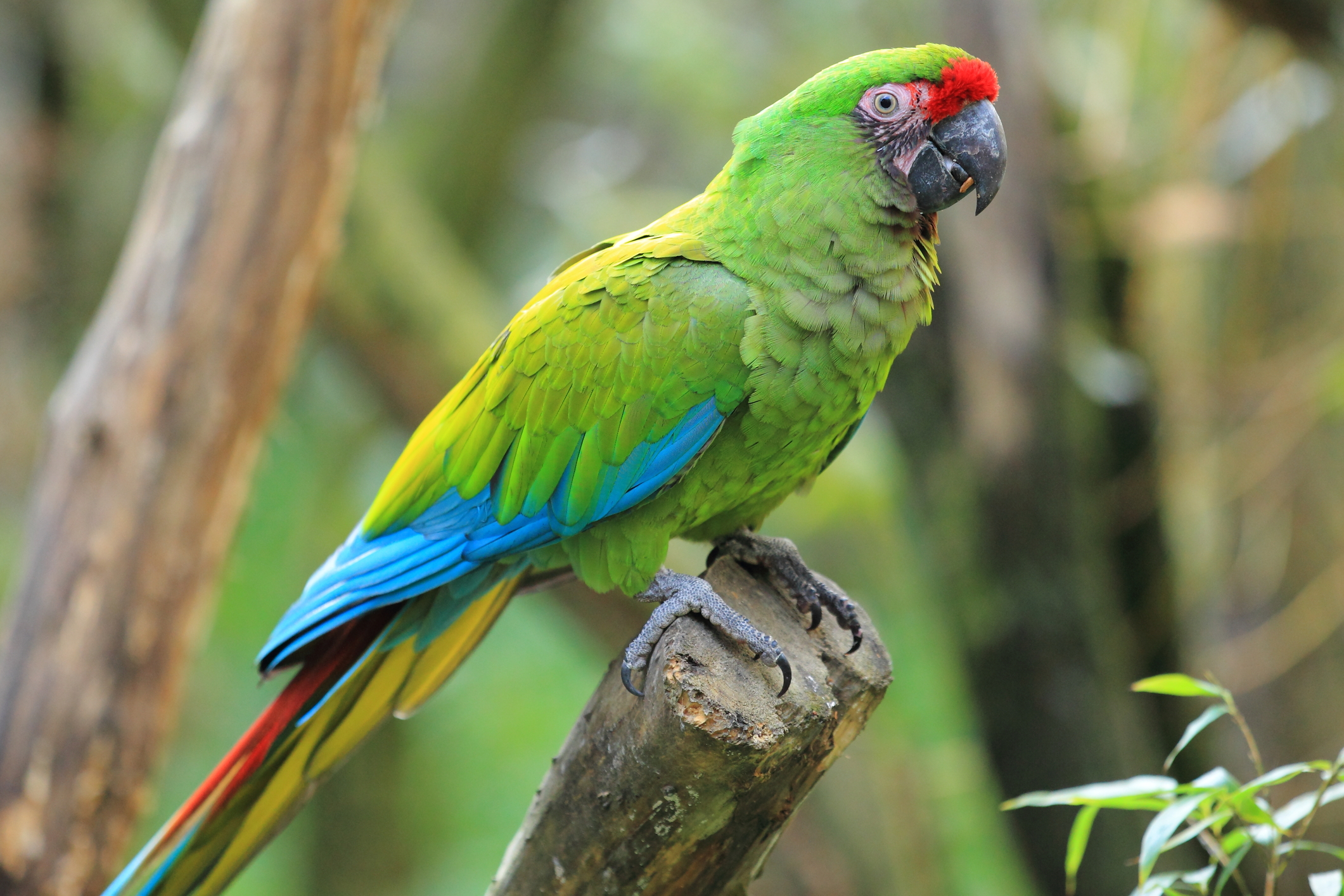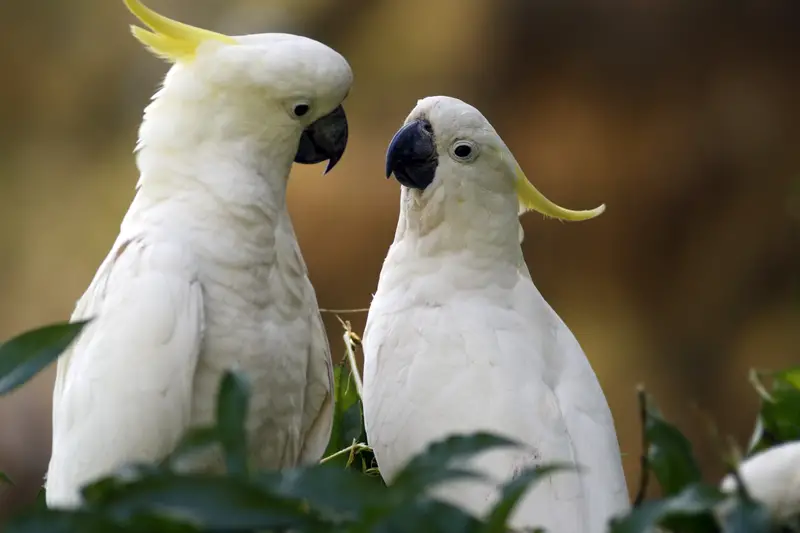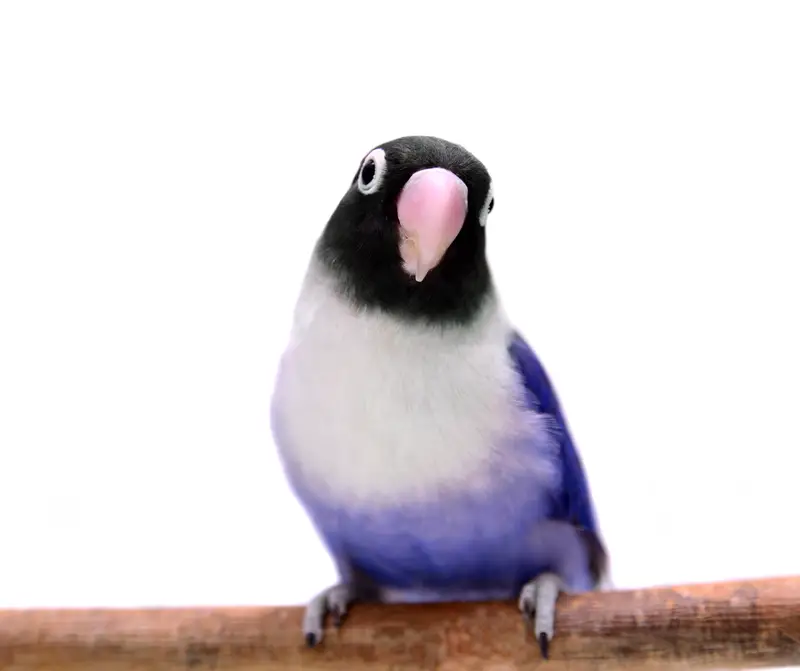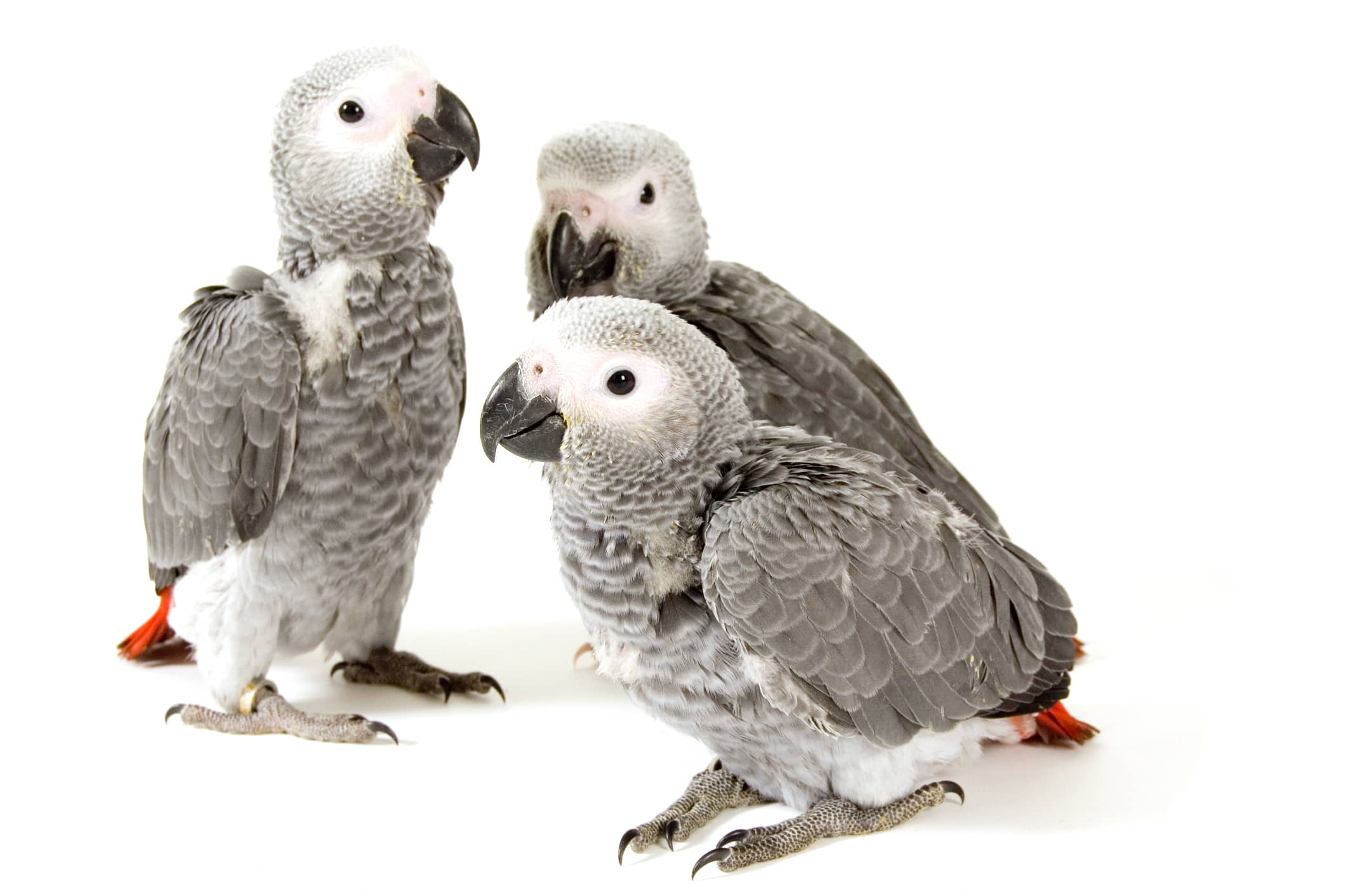From Diet to Personality: The Ultimate Military Macaw Care Guide
- VIParrot
- February 8, 2023
- 1:45 am

Species Overview
Also Known As: Green Macaw, Blue-green Macaw
Scientific Name: Ara militaris
Adult Size: 26-30 inches
Life Expectancy: 50-60 years
Is The Military Macaw a good pet?
- Social and affectionate
- Can be easy to train
- Intelligent
- They can be loud
- They can be nippy if not socialized correctly
- They require regular cleaning
General Information
The Military Macaw is native to Mexico, Central America, and South America. The subspecies are the A. m. militaris, A. m. mexicana, and the A. m. boliviana (all are very similar except for slight variations in size and color intensity). When compared to other full sized Macaws, such as the Blue and Gold Macaw, the Military Macaw is the smallest type.
They measure about 26-30 inches in length. The body is primarily a wonderful, deep green. These green feathers are broken by a different color only on the face, wing feathers, and tail feathers. There is a patch of vibrant red next to the dark black beak. A set of black lines on top of a white patch is found on the bird’s cheek area. The feathers on the wings are blue (the underside is yellow). The tail feathers are red bordered with blue (also with a yellow underside). The iris is a vibrant yellow.
This is a species of bird that picks a mate at breeding age and mates with the same partner for life. In the wild, this bird is listed as vulnerable due to habitat destruction and pet trading. Be sure, when purchasing a Military Macaw, that the bird was bred in captivity.
These birds have a tendency to be a little nippy, so socialization is highly recommended. Be very diligent about training this bird. The better trained this bird is and the more it is handled on a regular basis (preferably by more than just one or two people), the happier and friendlier it will be. Training is most often very easy with the Military Macaw because of the bird’s high intelligence.
Macaws are known as a noisy bird, so it comes as no surprise that the Military Macaw packs a loud “squawk”. If you are sensitive to loud noises, this bird is most definitely not for you. If you’ve ever heard a Macaw make some jaunty noises and/or scream, you know what I mean.
What food do they eat?
This bird loves a variety of fruits and vegetables to be offered with a main diet consisting of nutritious pellet. Stay away from seeds if possible. A great way to incorporate seed so as not to add too many “empty calories” is to use it exclusively as a treat. Scrumptious seeds may be given as a treat during the training process.
Price
They can be rescued, adopted, or purchased at verified organizations or adoption websites like Petfinder. Pricing is around $2500.
If you want to choose a breeder, make sure that the breeder is reputable by asking them how long they’ve been breeding and working with Macaws. Ask for a tour, but don’t be alarmed if you are unable to tour the facilities in which they keep the birds. Many reputable breeders opt to work under closed aviaries, which prevents diseases from infecting the flock.
How big is the Military Macaw?
They measure about 26-30 inches in length.
Temperament and Training
The Military Macaw can learn to speak by mimicking human speech, but is not known to be incredibly good at it. Don’t expect this bird to be “talking” as well as the infamous African Grey. There may be an “ok” vocabulary learned by the bird. The bird may not even learn any words. It really depends on the individual bird whether it will be spouting out “Polly want a cracker” or merely squawking some indistinguishable parrot talk to you.
This bird is a phenomenal show bird because of it’s uncanny ability to learn fun tricks. Just when playing alone, antics such as swinging upside down from perches and from cage bars keep this bird occupied. It’s not very difficult to teach your bird to do this while perched on your arm (though this requires patience and lots of trust between you and your bird). Many other tricks can also be learned. You can start your own little circus or magic entertainment show for family gatherings at holiday times, if you want! No doubt, you’ll be the highlight of everyone’s evening.
Common Diseases
– Feather-picking
– Chlamydiosis
– Proventricular Dilatation Disease (Macaw wasting disease)
– Constricted toe syndrome
– Kidney disease
– Oral papillomas
– Pancreatitis




